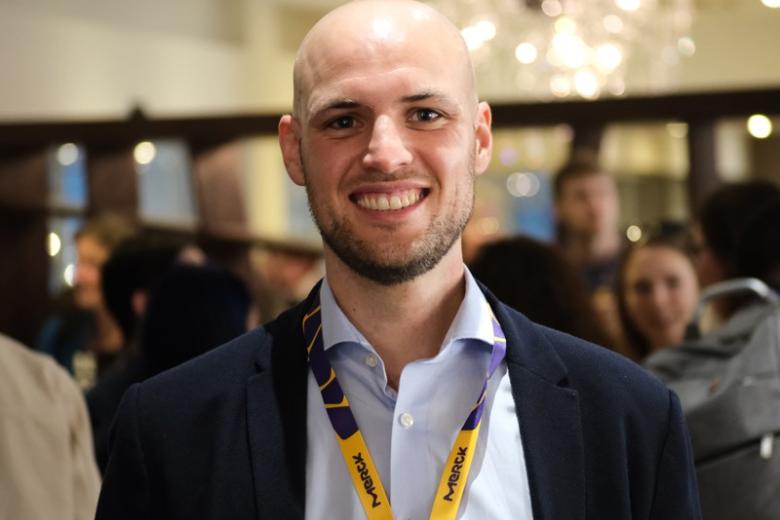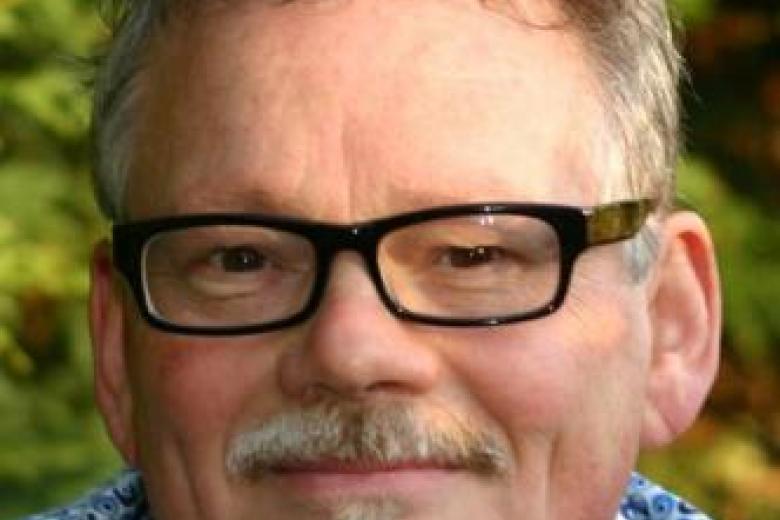Stateless Africans a step closer to citizenship thanks to UM doctoral student
Thanks to an external doctoral student under the supervision of professor René de Groot at Maastricht University, the future is looking a little bit brighter for the millions of Africans living without an official nationality. On 20 October, British scholar and lobbyist Bronwen Manby will receive her doctoral degree from UM. Her dissertation describes the current legal circumstances governing citizenship in 54 African countries and argues for adopting a protocol in the African Charter on Human and Peoples’ Rights. The African Law Commission is now about to adopt this protocol.
Although there are also people in Europe without a nationality, the problem is much more pressing in Africa. People are born stateless when their parents have no nationality to pass on to them, for example, or when land borders are redrawn without any consideration for the nationality of a territory’s inhabitants. Another source of the problem is the fact that less than half of all births are officially registered in Africa. The African Union has managed to increase this percentage to 90% in some African countries, but it is below 10% in others, even in countries that have not experienced war or conflict.
People with no official nationality are considered stateless. They are unable to exercise the right to vote, for example, or to own a piece of land. "People considered 'alien' also run the risk of being regarded as suspicious in times of economic and political uncertainty. Politicians all over the world have abused nationality laws to provoke identity-related aggression", says Manby.
Manby’s position, which is also the gist of the protocol that is about to be adopted, is that the state where a person has the strongest connections should recognise this person as a citizen. "This degree of connection should be assumed to exist when two different generations were born in the territory of the state, as well as when a child who was born in a territory still lives there when they come of age. The latter group should at least have the option to acquire the nationality of that country, without the state being able to refuse that acquisition of nationality. Laws and procedures should also be reviewed in the interests of nomadic peoples, who at present are often considered aliens rather than citizens. The requirement to prove that a person has no other nationality, especially in the African context, is a requirement that cannot possibly be met."
Professor René de Groot, an expert in nationality law, is proud to have supervised Manby. "If this new protocol is adopted soon, Africa will, on paper, have regulated this issue better than Europe. Of course, that won't change the situation right away, but you have to start somewhere. Human rights once started by being written down too."
Also read
-
GROW research: all-in-one test for genetic defects in embryos🧪
Researchers at Maastricht UMC+ and GROW have developed a technique that can analyse the entire genome in a single test, allowing for faster determination of embryos suitable for successful pregnancy.

-
A breakthrough in cultured meat research-animal component free production
A breakthrough in cultured meat research-animal component free production

-
Cross-border inter-organisational cooperation in crime control
The Netherlands Organisation for Scientific Research (NWO) has awarded a grant under the SGW open competition to a research proposal written by Prof Dr Math Noortmann (Institute for Transnational and Euregional cross border cooperation and Mobility / ITEM) and Prof Dr J.B.M. Koning (UM School of...
